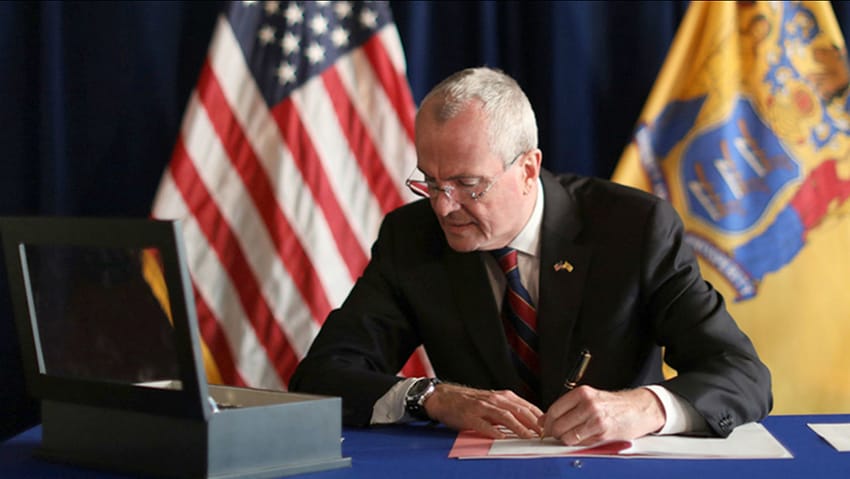 This past January, New Jersey joined California, New York, and Massachusetts by raising the minimum wage to $15.00. Governor Phil Murphy and legislative leaders signed a deal to increase minimum wage in the state from its current $8.85 to $15.00 to reflect the rising costs of living expenses and further address economic inequality. The increase would effect over one million New Jersey workers and give them an opportunity to join the middle class.
This past January, New Jersey joined California, New York, and Massachusetts by raising the minimum wage to $15.00. Governor Phil Murphy and legislative leaders signed a deal to increase minimum wage in the state from its current $8.85 to $15.00 to reflect the rising costs of living expenses and further address economic inequality. The increase would effect over one million New Jersey workers and give them an opportunity to join the middle class.
“In New Jersey there is no way a family can survive on $8.85 an hour. Fair wages are about paying people enough to afford the rising costs of health care, education and the basic necessities in life,” said Lieutenant Governor Sheila Y. Oliver. New Jersey, and three of the other most progressive states in the country, have outpaced federal law and are leading member states of the “Fight for 15,” the nickname for the broader movement. “No one working full-time in New Jersey should ever have to live in poverty and committing to a $15.00 minimum wage is an important step in that direction,” said Representative Frank Pallone.
Generally the law requires that the increase must occur statewide by January 1, 2024. The increases under the law are implemented in phases:
- Minimum wage increases to $10.00 on July 1, 2019
- Minimum wage increases to $11.00 by January 1, 2010
- For every year after January 1, 2020, minimum wage will increase $1.00 until it reaches $15.00 in January 1, 2024.
The law has slightly different standards for agricultural workers, seasonal workers and small business owners. Minimum wage for agricultural workers will increase to $12.50 by January 1, 2024. State agricultural leaders and labor leaders will then jointly decide whether to increase minimum wage to $15.00 for agricultural workers as well by January 1, 2027. In the event of a tie between the two, the Governor will appoint a third member to be the tiebreaker. Seasonal workers and small business owners who have five or fewer workers will need to reach $15.00 minimum wage by January 1, 2026.
The law has mostly been received positively. “I thank Governor Murphy and our state’s legislative leaders for their tireless work on this crucial issue. An increased minimum wage will strength New Jersey’s working class and our state as a whole,” said Representative Bill Pascrell. Many believe the passage of the law set a positive example of the rest of the nation in the Fight for 15.
But businesspeople say that the law is detrimental to small business owners who generally struggle to pay employees as they establish their businesses. Some called it a “another hit to small businesses who are absorbing cumulative costs in the form of new mandates” and predict that it will bring inevitable hardship to those who are struggling with their businesses.

